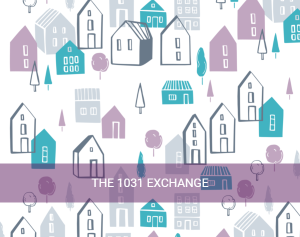
A 1031 exchange, also referred to as a like-kind exchange or tax-deferred exchange, is a provision within the U.S. Internal Revenue Code (Section 1031) that permits real estate investors to postpone capital gains taxes by selling a property and reinvesting the proceeds into another similar property.
This provision extends to both federal and, in most instances, state taxes, including California.
Here’s a breakdown of how a 1031 exchange typically operates in California:
Qualified Properties
For eligibility in a 1031 exchange, both the property being sold (relinquished property) and the property being purchased (replacement property) must be held for productive use in a trade, business, or investment. In California, this necessitates both properties to be situated within the state.
Timing
The 1031 exchange process entails strict timing constraints. Following the sale of the relinquished property, the investor has 45 days to identify potential replacement properties and 180 days to finalize the purchase of one or more replacement properties. Adherence to these timelines is crucial for qualifying for the tax-deferred treatment.
Qualified Intermediary
To facilitate the exchange and ensure compliance with IRS regulations, investors typically engage with a qualified intermediary (QI) or accommodator. The QI holds the proceeds from the sale of the relinquished property in escrow and subsequently utilizes those funds to acquire the replacement property.
Equal or Greater Value
The value of the replacement property or properties must equal or exceed the value of the relinquished property to defer all capital gains taxes. Any cash or non-like-kind property received as part of the exchange may be subject to taxation.
Tax Deferral
Through a 1031 exchange, investors can postpone payment of capital gains taxes that would otherwise be incurred upon the sale of the relinquished property. This enables investors to retain more of their investment capital for reinvestment in potentially higher-yielding properties.
Potential for Repeat Exchanges
There is no limit to the number of times an investor can employ a 1031 exchange, allowing for the potential accumulation of wealth through successive exchanges.
It’s imperative for investors contemplating a 1031 exchange in California to collaborate closely with a qualified intermediary and seek guidance from tax professionals or legal advisors well-versed in the intricacies of real estate transactions and tax laws at both the state and federal levels. This ensures compliance with all applicable regulations and optimizes the advantages of the exchange.